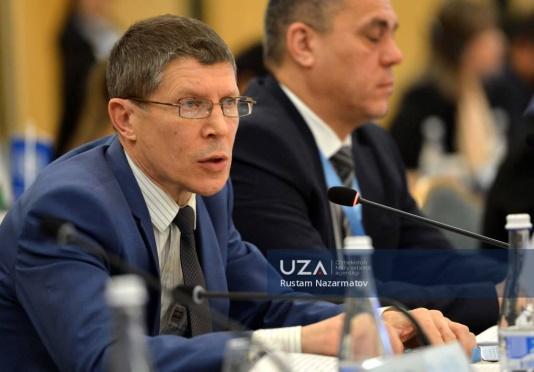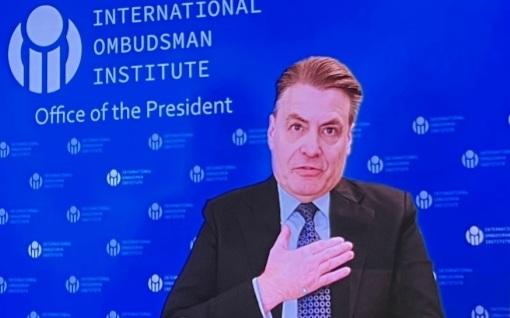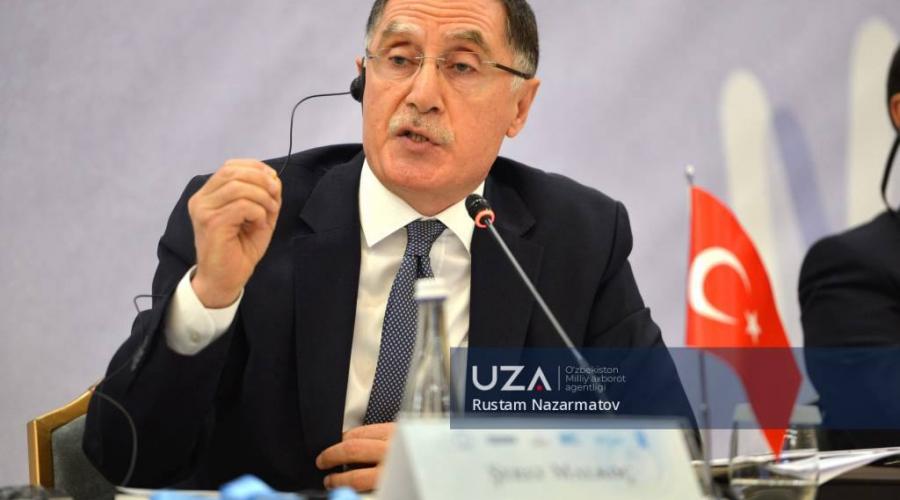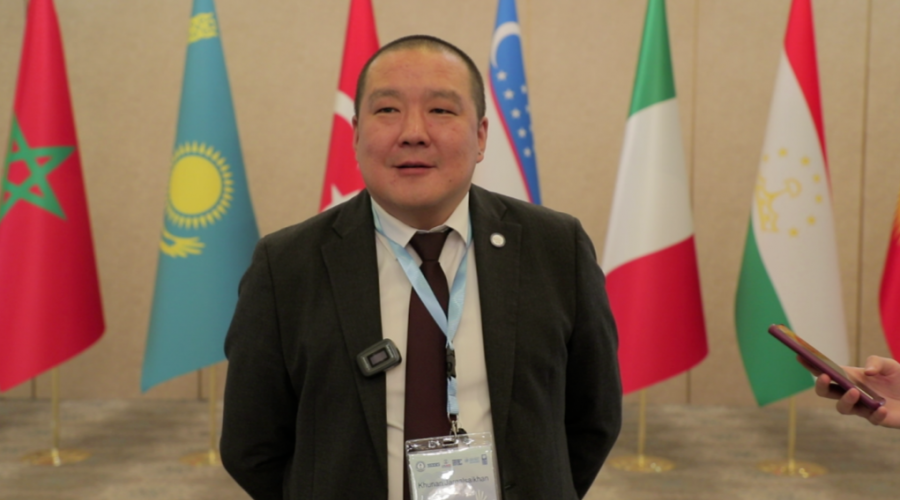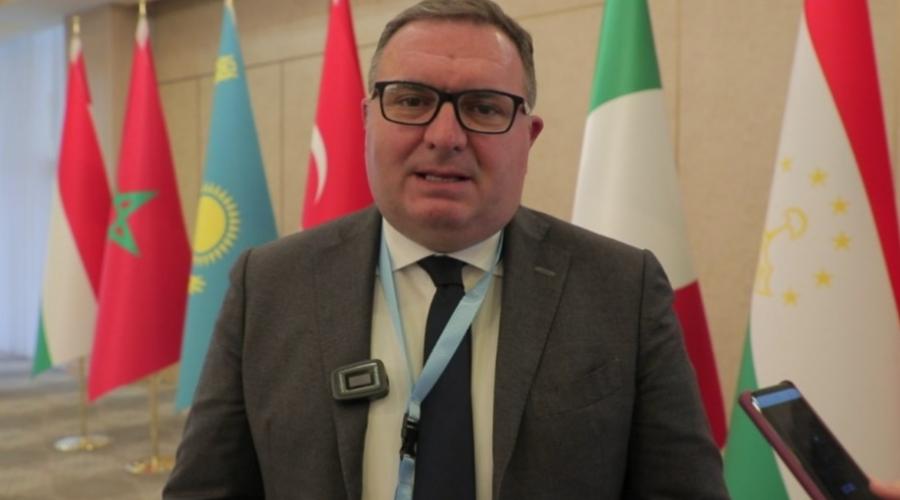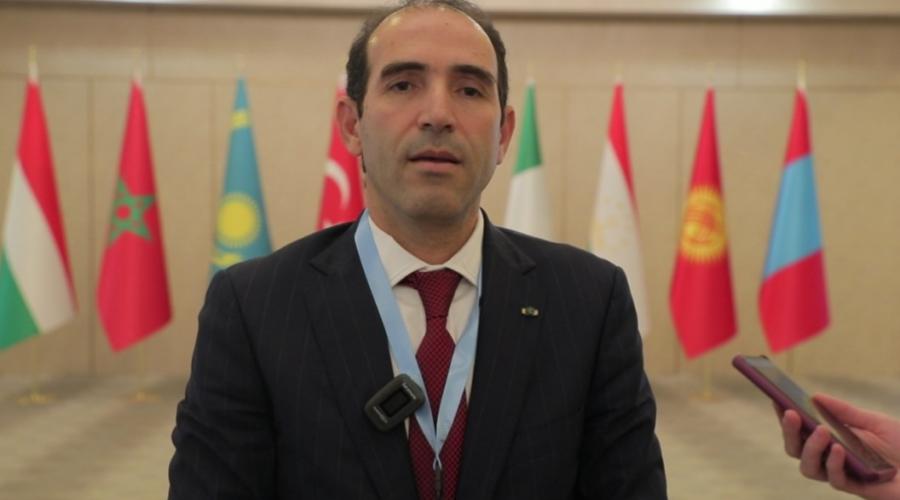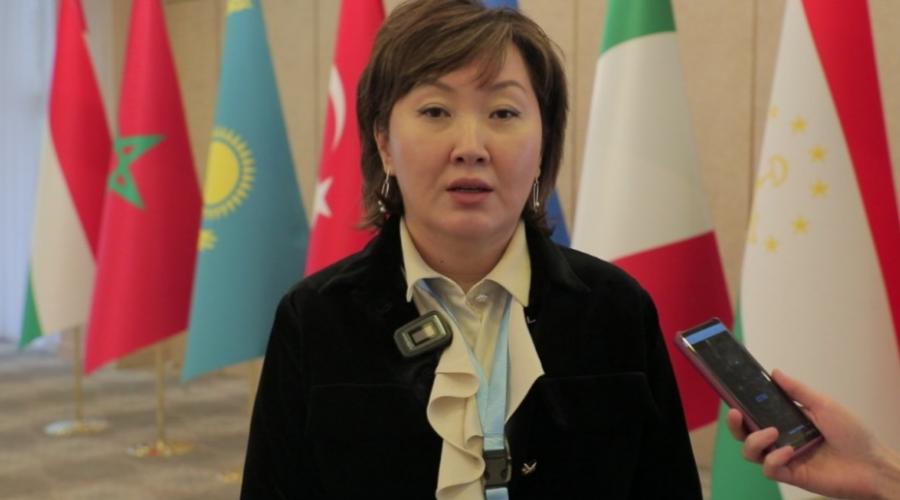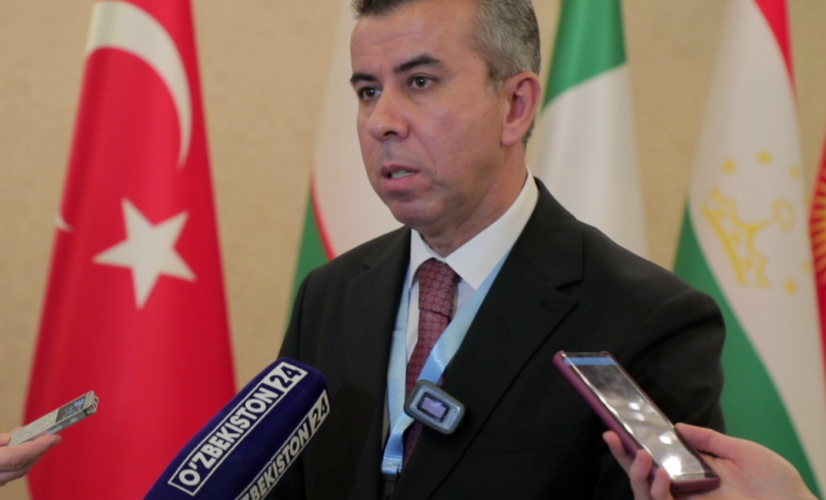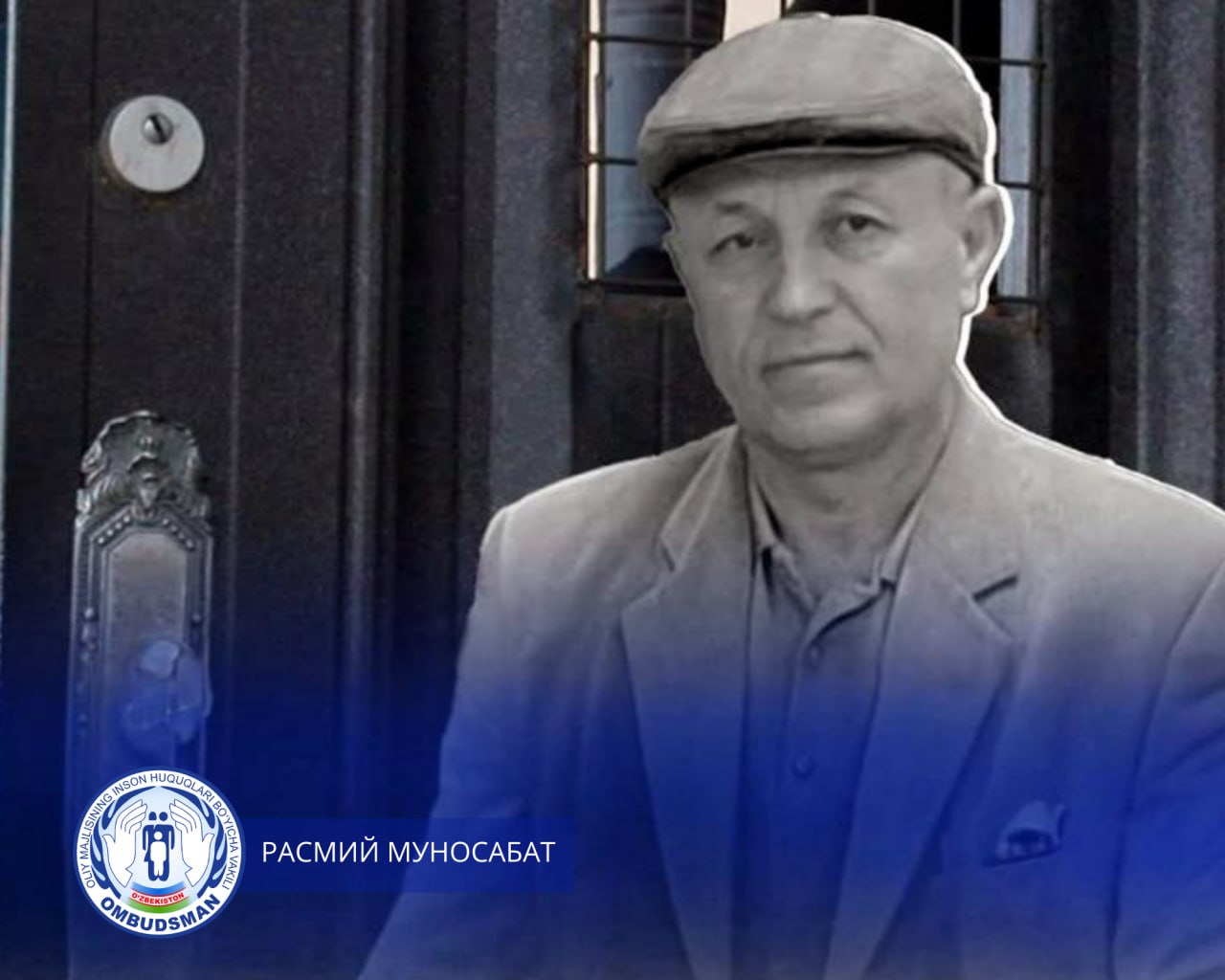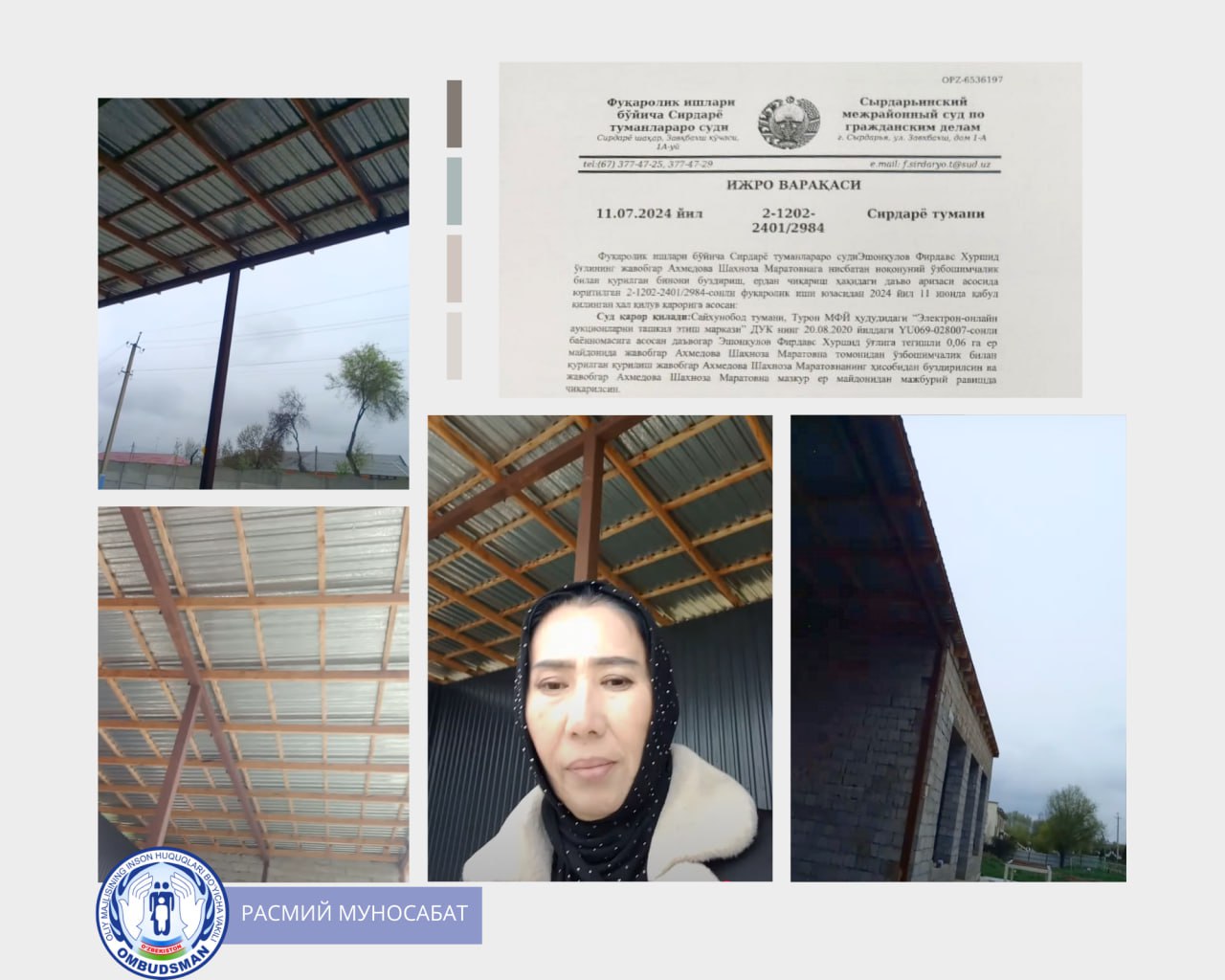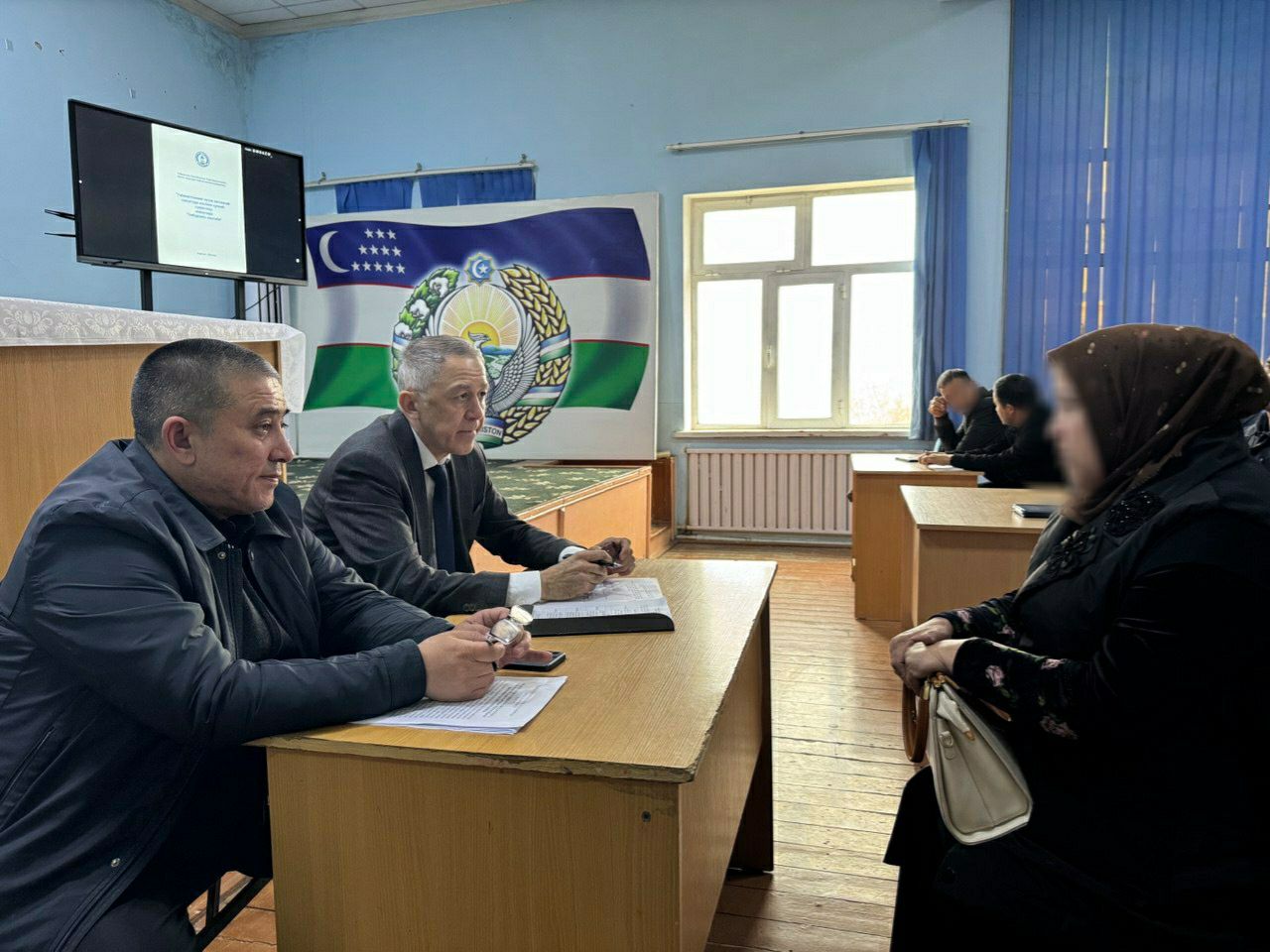As is well known, the purpose of the Ombudsmen is to ensure human rights, and they differ in their methods and mechanisms for its realization, as well as in their measures of influence. Based on the changes taking place in the world, existing problems in society and other aspects, the concentration of Ombudsman and international human rights experts in one place and the exchange of experience between them are important in the field of ensuring human rights.
The conference was attended by Ombudsman from Australia, Azerbaijan, Hungary, Italy, Kazakhstan, Kyrgyzstan, Morocco, Mongolia, Norway, Pakistan, Russia, Serbia, Thailand, Turkey and Tajikistan, who shared their experience in interacting with civil society in the field of ensuring human rights, digitalization processes, gender equality, the rights of persons with disabilities, labor relations and a number of other areas.
The conference was also attended by human rights institutions and experts of the international community in the field of protection of human rights and freedoms from about 20 foreign countries, including representatives of the diplomatic corps and ambassadors extraordinary and plenipotentiary of foreign states in our country.
The foreign guests were particularly interested in the further strengthening of cooperation and promotion of new initiatives, the implementation of constitutional reforms in the country, the more than threefold increase in the norms related to human rights in the Basic Law compared to the previous one. In particular, the participants in the event noted that the Constitution enshrines the right of the Ombudsman to take legislative initiative in the form of legislative proposals to the Legislative Chamber of the Oliy Majlis.

Anas Fayyad Qarman, Interim Resident Representative of the United Nations Development Program in Uzbekistan
-Uzbekistan has adopted more than 80 international human rights instruments and integrated them into its national legislation, thus gradually bringing its legislative acts closer to the best international practices. The "Uzbekistan 2030" strategy has been adopted, and over the past period we have witnessed a number of positive steps to ensure the rule of law and human rights. At this stage, we recognize as a positive result the increasing influence of the Ombudsman institution on the law-making process in accordance with the new Constitution.
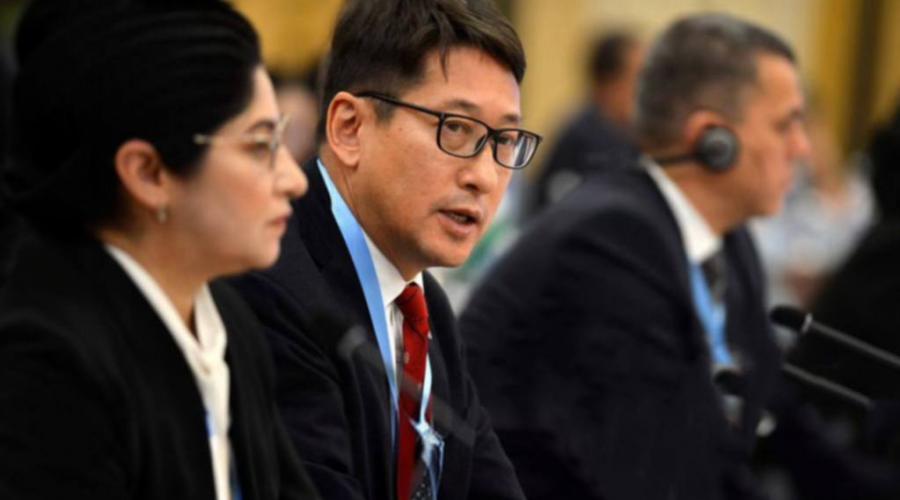
David Hoffman, USAID Head of Mission in Uzbekistan
-Over the past 6-7 years, Uzbekistan has undergone tremendous socio-economic reforms. The most important aspect of these processes is actions to ensure human rights. Today's conference demonstrates practical results of work in this direction. In general, human rights are an important factor in the sustainable development of a country. USAID is pleased to continue working with the Ombudsman to compile and introduce into practice international and national experience aimed at guaranteeing human rights.
Sergey Sizov, OSCE Project Co-ordinator in Uzbekistan, recognized that the Authorized Person of the Oliy Majlis for Human Rights (Ombudsman), as an independent institution for the protection of human rights and freedoms, plays an important role in the life of citizens and society.
Chris Field, President of the International Ombudsman Institute, Ombudsman for Western Australia, noted in his remarks that the International Ombudsman Institute has more than 200 representatives. Together we will work together to achieve the common goal of ombudsman, as our primary goal is clearly the rule of law and the protection of human rights and interests. I am pleased to say that last year I personally observed important political processes in your country and came to positive conclusions.
Sherif Malkoç, Chief Ombudsman of Turkey
-I am glad to be in the land of Amir Timur. Our history, our roots are connected with this land. We are following with great excitement and interest the changes in the legal sphere, reforms and democratization processes in Uzbekistan. I think that these processes will influence not only Uzbekistan, but also other countries. The closer we cooperate in social, political and legal fields, the more we develop by sharing experience. Dialogue, relations, unity between the two countries increase the well-being of our countries, ensure their tranquility.
Jargalsaikhan Hunan, Ombudsman-National Human Rights Commission of Mongolia
-Thanks to the international conference, we received information about Uzbekistan, in particular, that the new version of the Constitution enshrines many norms aimed at ensuring human rights, and that this law fully guarantees the rights of the Ombudsman and expands his rights. In addition, Uzbekistan had strengthened the activities of national human rights institutions, abolished compulsory labor and appointed women to leadership positions. That is a very rare phenomenon in Mongolia. We are confident that this year we will open a Mongolian Embassy in Uzbekistan. Meanwhile, we the Ombudsman have signed a memorandum of cooperation.
Artur Lastaev, Authorized Person for Human Rights in the Republic of Kazakhstan
-In recent years, the activities and experience of Central Asian countries in the field of human rights protection have improved considerably. Uzbekistan has shown very good results in this regard. In addition, we are closely following the constitutional reforms in your country and rejoice at the successes of our Uzbek friends. It must be said that we are strengthening close all-round cooperation with the Ombudsman of Uzbekistan.
Marino Fardelli, National Coordinator of the Ombudsman of the Regional and Autonomous Provinces of Italy
-Today's cooperation between Italy and Uzbekistan is undoubtedly aimed at supporting the interests of citizens of the two countries. In addition, more than 2,000 Uzbek students are studying in Italy. In this regard, it is very important to strengthen further cooperation and exchange of experience between the ombudsman. I am pleased to say that within the framework of the conference we signed a memorandum of cooperation with the Ombudsman of Uzbekistan. This will be another incentive for our lasting cooperation.
Akos Kozma, Hungarian Commissioner for Fundamental Rights (Ombudsman)
-Uzbekistan and Hungary have established a strong cooperation that covers many spheres. The opening last year of the Embassy of Uzbekistan in Budapest, the capital of Hungary, has contributed to the strengthening of ties between the countries. Accordingly, we the Ombudsman, are also strengthening our cooperation. Last year we, the Ombudsmen, also signed a memorandum of cooperation and are working fruitfully on the exchange of experience.
Mohamed Benalilou, Ombudsman of the Kingdom of Morocco
-I see this international conference as the next important step in the defense of human rights. Because we must be well aware that artificial intelligence is increasing our opportunities to live as we would like to live. But it can also deprive us of them and create new challenges for the realization of human rights in a changing society. At this cross-cultural conference, reasonable and appropriate solutions can be found to protect human rights, regardless of geographical regions and cultural differences. I invited my colleague to further strengthen our ties by signing a bilateral memorandum in Morocco.
Jamilya Dzhamanbaeva, Ombudsman of the Kyrgyz Republic
-Today's event is organized at a high level and this dialogue has become a platform for the exchange of ideas and great experience for all ombudsman. If we dwell on the activities of the Ombudsman Institute of Kyrgyzstan, our institution is among the top 5 public bodies in the country, based on this, we also work in accordance with the Constitution in unity with the Parliament to protect human rights.
Umed Bobozoda, Authorized Person for Human Rights of the Republic of Tajikistan
-We are very pleased with the results of our colleagues in Uzbekistan in recent years. It is important that the amendments and additions to the new version of the Constitution, adopted by referendum, give the Ombudsman the right to introduce bills by way of legislative initiative. In general, Uzbekistan has much to learn from with regard to human rights reforms and the results achieved.
This international event was organized by the Authorized Person of the Oliy Majlis for Human Rights (Ombudsman) with the assistance of the Permanent Representative of the United Nations Development Programme in Uzbekistan, the OSCE Project Co-ordinator in Uzbekistan, the USAID mission in Uzbekistan, the Office of the United Nations High Commissioner for Human Rights and the Friedrich Ebert Foundation.
Representatives of authoritative international organizations, including members of specialized committees of the United Nations, the Council of Europe, the OSCE Office for Democratic Institutions and Human Rights, USAID in Uzbekistan, the Ebert Foundation, experts from the Venice Commission, the International Ombudsman Institute, representatives of the Association of Asian Ombudsman, the Max Planck Foundation for Peace and the Rule of Law in Germany and the non-governmental organization UPR Info, attended the panel discussion on human rights protection.
The international experts noted the exceptional importance of the Ombudsman institution in the life of society, recognized the reforms being carried out in our country to ensure human rights and interests, and expressed their readiness for continued cooperation.
The Tashkent resolution was adopted as a result of the international conference.
Within the framework of the conference, the foreign Ombudsman who visited our country also met with the Chairman of the Senate of the Oliy Majlis and senators, as well as the Speaker of the Legislative Chamber of the Oliy Majlis, his deputies and Member of Parliament.
The visit of the del degation of the Ombudsman of Turkey, Hungary, Italy, Mongolia, Morocco, Kyrgyzstan and Kazakhstan ended with a meeting with students of the University of World Economy and Diplomacy.
Press Service of the Authorized Person of the Oliy Majlis for Human Rights (Ombudsman)













